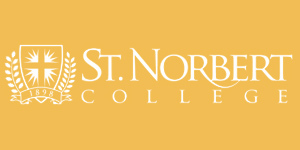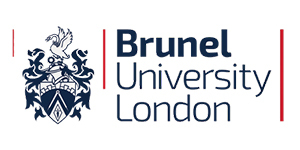Programme Type: Postgraduate
Course Overview
As part of the course, you will look at historic perceptions of childhood in the West to the development of European rights of protection, compared to experiences of childhood in other parts of the world, like the street children of Brazil.
In a module on learning and education, you will compare physical development stages, including how learning is acquired and universal patterns of play, to the range of ways children are prepared or educated to fit cultural expectations.
The course’s key organising principle is that understanding children requires the study of how their relations with others – peers, older and younger children, parents, teachers and other adults – inform their practices, identities, and world views.
The course addresses the following issues from an anthropological perspective:-
- Do children of ‘different cultures’ live in ‘different worlds’?
- How does education impact children’s worlds and upon social and cultural practices more broadly?
- How do the everyday processes of learning – both formal and informal – help to shape children’s ideas of and engagement with society at large?
- What is the role of schools in the transmission and acquisition of cultural values to children and youth?
- Why are adults’ ideas about childhood and youth so important for what children learn and aspire to become?
The distinctiveness of this degree derives from an anthropological approach that focuses on the importance of children’s and youth’s perspectives, on the role that education (formal and informal) plays in children’s learning processes, and in the transmission and acquisition of cultural knowledge.
Anthropology at Brunel is well-known for its focus on ethnographic fieldwork. As well as undertaking rigorous intellectual training, you will be expected to get out of the library and undertake your own, original research – whether in the UK or overseas – and to present your findings in a dissertation.
Careers and your future
In addition to providing a firm grounding for doctoral research on childhood and youth, this degree will enhance your professional development in many fields, including teaching, social work, counselling, educational and child psychology, health visiting, nursing and midwifery, pediatric specialisms, non-governmental agencies and international development.
As you journey through the course, you will also develop a valuable set of analytical and research skills that can be used in a wide range of careers.
Entry Requirement
A 2:2 (or above) UK Honours degree or an equivalent internationally recognised qualification.
Applicants with other degrees along with relevant experience will be considered on an individual basis.
Fees
Full-time fee: £16335
Part-time fee: £8165
This information was accurate on : 07/05/2021
Please contact us for more information about this courses



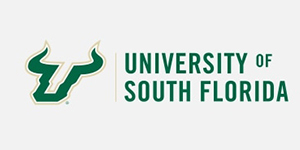
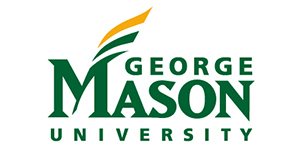

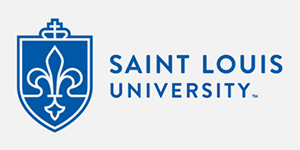

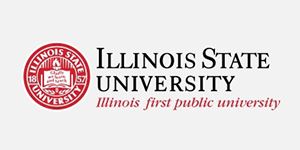
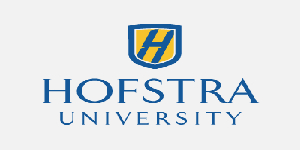
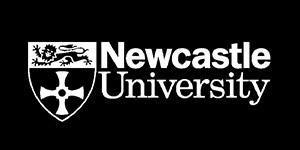
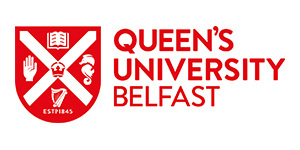



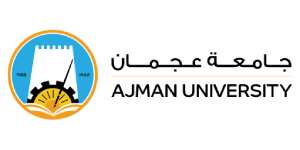
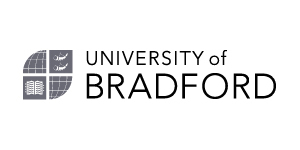
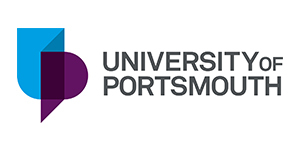
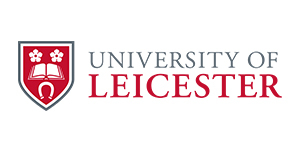
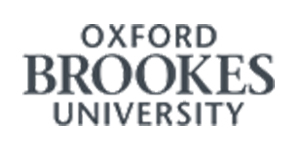





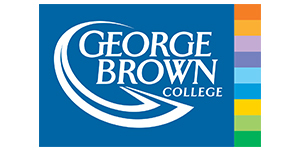



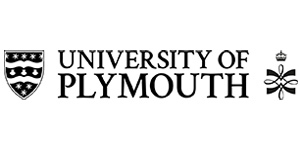

.jpg)
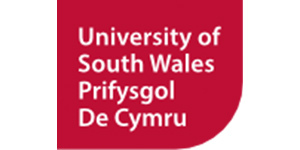
.jpg)

